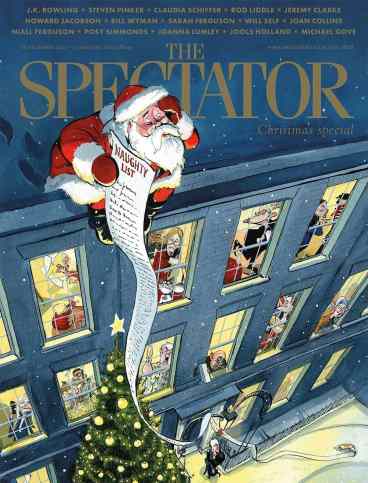Roberto Calasso’s retelling of the Hebrew Bible is both exasperating and beguiling
The Italian writer Roberto Calasso, who died in July at the age of 80, was an anomalous and fascinating figure on the international literary scene. In his early twenties he began working for the prestigious publishers Adelfi Edizioni and stayed with them his whole life, eventually becoming editorial director and, when the firm was threatened













